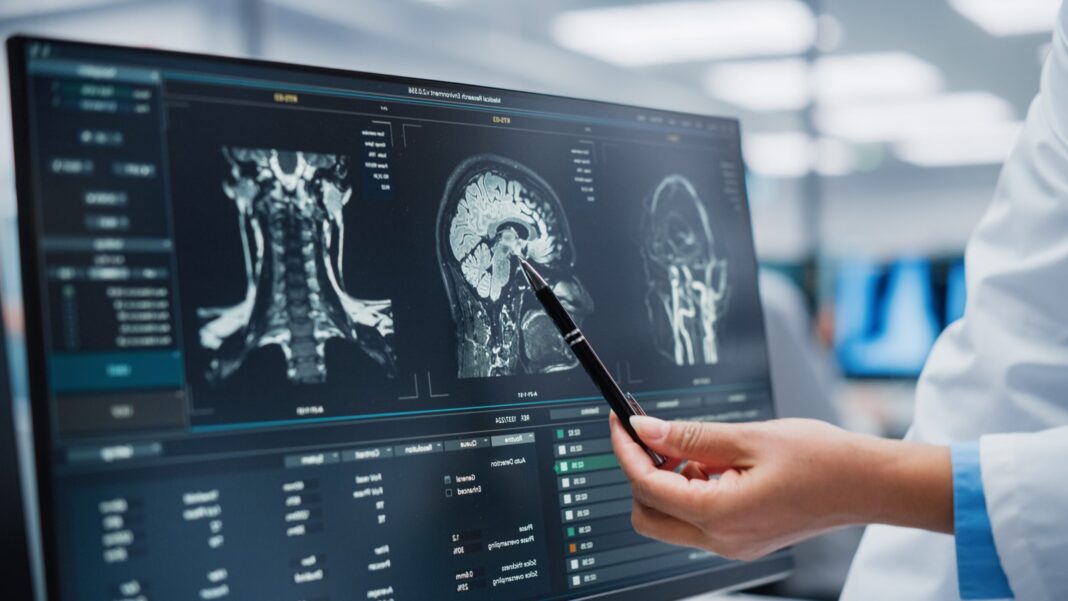BTN News: A groundbreaking study from the Centro de Investigación en Nanomateriales y Nanotecnología (CINN) in Asturias, Spain, has unveiled that cognitive and physical environmental stimuli can trigger a “molecular rejuvenation of the brain.” This discovery, led by the Spanish National Research Council (CSIC) and published in Nature Communications, presents an “atlas” of molecular changes occurring in the hippocampus during aging and environmental stimulation. Researchers believe these findings could pave the way for new approaches to healthy aging and have important implications for human lifestyle interventions, potentially delaying or reversing certain aspects of brain aging.
Environmental Stimulation and Brain Rejuvenation: A New Frontier
A recent study by the CSIC has demonstrated that environmental changes—both physical and cognitive—can produce significant molecular transformations in the brain, specifically within the hippocampus. The research team at CINN, a collaboration between the Spanish National Research Council (CSIC), the regional government of Asturias, and the University of Oviedo, explored the impact of enriched environments on the molecular structure of the brain.
Creating a Molecular Atlas of Brain Aging
The study, conducted at the Laboratory of Epigenetics of Cancer and Nanomedicine, meticulously mapped the molecular changes in the hippocampus associated with aging and stimulation. This comprehensive dataset, referred to by scientists as a “molecular atlas,” documents how various forms of cognitive and physical activities influence brain aging at a molecular level. Mario Fernández Fraga, coordinator of the laboratory and a lead author of the study, emphasized that the findings could significantly influence future strategies for promoting healthy aging.
Research Methodology: How Mice Led to Breakthrough Insights
To examine the effects of environmental stimulation, researchers used laboratory mice placed in a specially designed space filled with a variety of objects, such as toys, ramps, and tunnels, for several months. This environment aimed to enhance their cognitive, physical, and social activity. The results were clear: mice exposed to these enriched conditions showed a notable “molecular rejuvenation” in brain areas critical for memory and learning, particularly the hippocampus.
Implications for Human Health: Translating Findings from Mice to Humans
According to the researchers, these findings are potentially transferable to humans who engage in lifestyle changes that stimulate cognitive and physical activities. “Our results reveal that lifestyle changes can have a molecular and epigenetic impact on the organism, which can be harnessed for healthy aging interventions,” said Mario Fernández Fraga. This study suggests that engaging in regular, diverse activities could have a protective effect on the brain, potentially slowing or even reversing aspects of aging.
Key Findings: What Does This Mean for Healthy Aging?
The study’s findings support the growing body of evidence that lifestyle choices can directly affect molecular changes in the brain, underscoring the importance of maintaining a cognitively and physically active life as we age. For many, this might mean engaging in new hobbies, physical exercises, or socially stimulating environments—all of which could contribute to what the researchers call a “rejuvenation” of the brain at the molecular level.
Future Research Directions: Expanding the Scope Beyond the Laboratory
While the current study used mice to explore these molecular mechanisms, future research will aim to investigate these effects in humans more directly. The team at CINN plans to conduct longitudinal studies on human subjects to examine how different types of lifestyle changes impact brain aging. Understanding these dynamics could revolutionize how we approach aging, with personalized interventions that combine cognitive and physical exercises tailored to individual needs.
Conclusions: Lifestyle Changes as a Tool for Brain Health
The research from Asturias not only advances our understanding of brain aging but also provides a hopeful message: proactive lifestyle choices can lead to a healthier brain. As scientists continue to unravel the complex relationship between lifestyle and brain health, these findings could serve as a foundation for new public health strategies aimed at promoting longevity and cognitive vitality.
Takeaway: Rejuvenate Your Brain with Lifestyle Changes
To maintain a youthful brain, it’s crucial to stay active—physically, mentally, and socially. Incorporating a mix of cognitive challenges, physical activities, and social interactions can potentially delay or reverse molecular signs of aging in the brain, promoting overall health and well-being.


